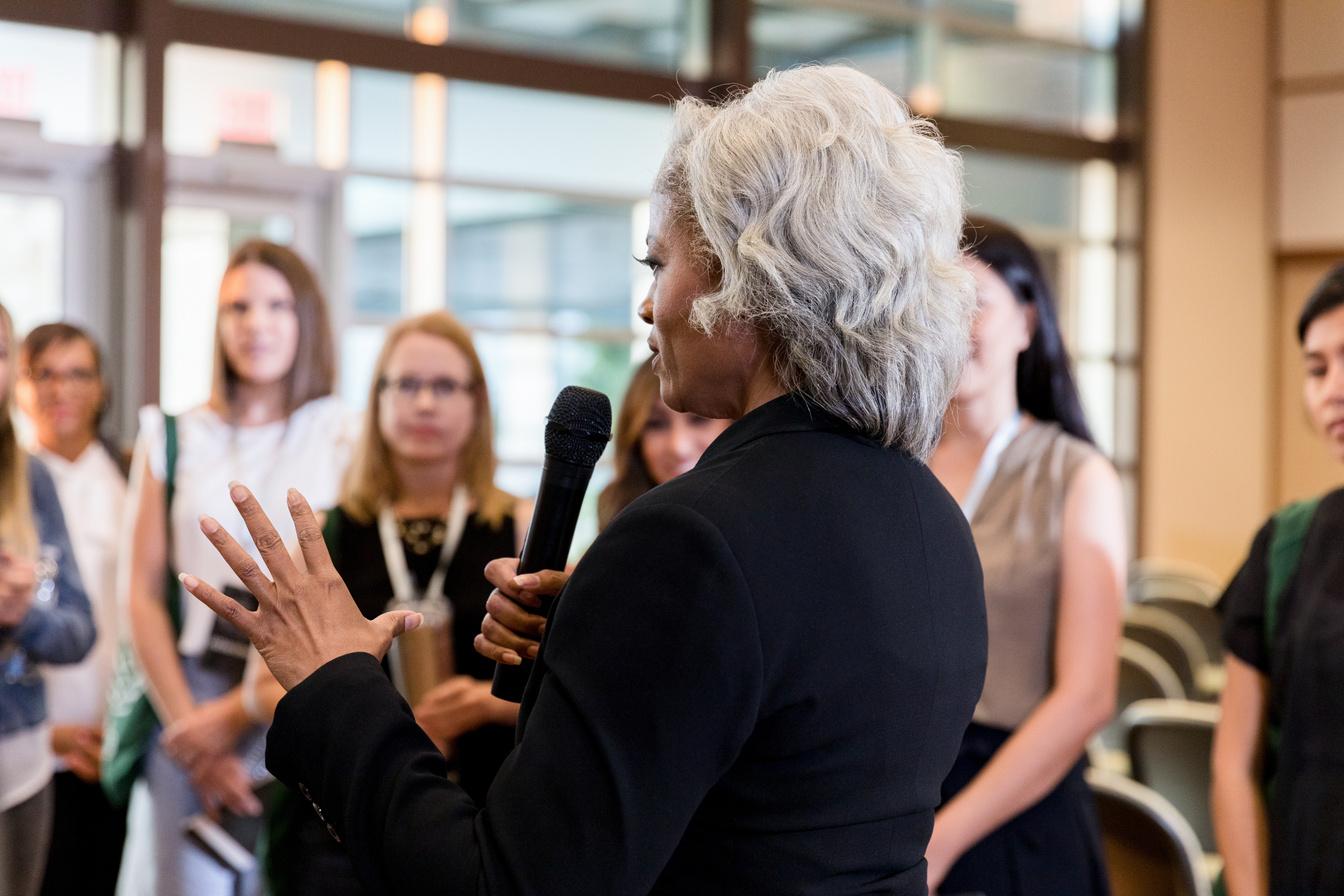
1 minute read
VITAL STATISTICSACEs & TRAUMA
Adverse Childhood Experiences (ACEs)
are potentially traumatic events that children (0-17 years old) either directly face or witness during childhood. Research shows that children with ONE or more ACEs have increased chronic health problems, mental illness, and substance abuse problems into adolescence and adulthood, impacting future potential in education, job opportunities, and life experiences (CDC).
Advertisement
ACEs are a subset of trauma that begins in childhood while many of our coping skills are still being developed. When a child experiences ACEs, it is disrupting the ability to develop healthy and effective coping skills that they will use throughout their lives.
ACEs also trigger our body's Toxic Stress Response, which negatively impacts our nervous system, cardiovascular system, immune system, and endocrine system.
The video below takes a look at how common ACEs are among the United States.

Experiencing violence, abuse, or neglect
Witnessing violence in the home or community
Loss of a family member
Unstable home environment (ex. substance use or mental health problems)
Parent in jail or prison
Experienced racism
Pervasive poverty
Inability to access needed social services
The risk of ACEs can have a lasting effect on individuals health (ex. obesity, diabetes, suicide attempts, STDs, heart disease, cancer, COPD, broken bones, etc.), behaviors (ex. smoking, alcoholism, drug use), and life potential (ex. graduation rates, academic achievement, lost time from work). - CDC

Traumas that others experience can directly and indirectly impact the community around us, like having a less skilled workforce or greater crime. This can have an even bigger impact on certain communities that are at a higher risk of experiencing ACEs, such as BIPOC, indigenous, LGBTQ+, low-income communities, and women.






